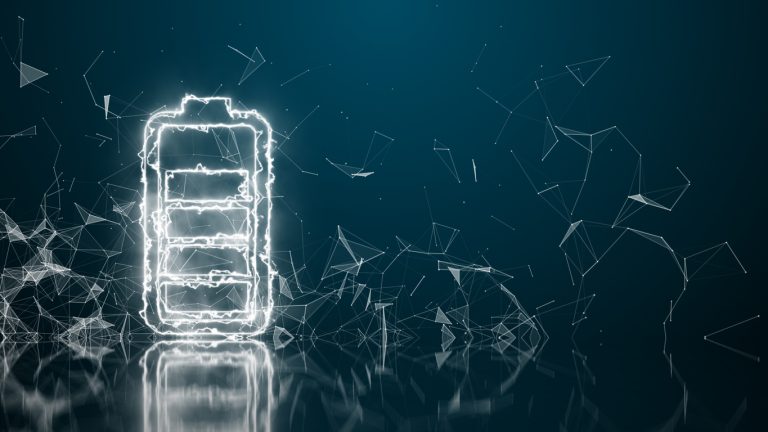
Stanley is hailed as the “father of lithium batteries” by the industry. In 2019, he, Akira Yoshino and John B. Goodenough won the Nobel Prize in Chemistry for their outstanding contributions in the field of lithium batteries.
Stanley said in the above forum that over the next five to ten years, the world's lithium resources will be depleted and the cost of lithium batteries could increase thereafter. Therefore, it will become very important to consider recycling lithium materials and find new materials for batteries.
Stanley said that most of today's mature lithium batteries use materials such as lithium and cobalt. With the development of industries such as new energy vehicles, a large number of batteries are needed, which means that more cobalt and lithium must be consumed. If these materials cannot be recycled, it will bring big waste.
Stanley said people's search for lithium batteries has not stopped. The objective is to increase the energy of existing lithium batteries by 20% and to double the energy density. At the same time, there will be more charging stations in the future, just like gas stations today, which will make recharging lithium batteries more convenient.
Stanley said that in addition to lithium materials, some alternative materials need to be found. He also pointed out that the current sodium battery is still immature and that there are still many technical problems to be solved; there are also obstacles to charging the aluminum battery.
 Stanley is hailed as the “father of lithium batteries” by the industry. In 2019, he, Akira Yoshino and John B. Goodenough won the Nobel Prize in Chemistry for their outstanding contributions in the field of lithium batteries.
Stanley is hailed as the “father of lithium batteries” by the industry. In 2019, he, Akira Yoshino and John B. Goodenough won the Nobel Prize in Chemistry for their outstanding contributions in the field of lithium batteries.